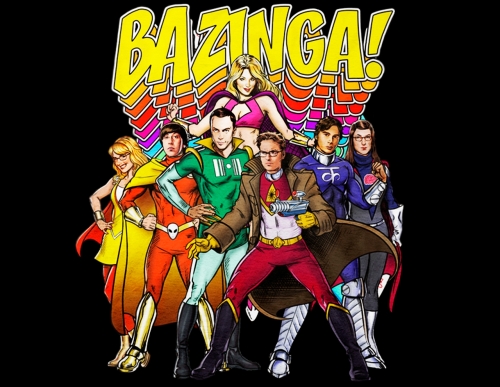The Sorting Hat has run off with the Scarf of Sexual Preference, so we’re just going to put everyone who looks like a good guy into Gryffindor and everyone who looks like a bad guy into Slytherin.
–A Very Potter Musical Act I
I admit it—even though I’m not a self-described Harry Potter fanatic, it did capture my heart when I was younger and yes, I did create a self-indulgent fantastical scenario in my head and a little bit on paper where my friends and I went to study at Hogwarts. Frankly, I wouldn’t have lasted a day among the moving staircases and giant spiders (then again, having lived in Australia, maybe I’d just take such things in stride), but it was still fun. There was, of course, the big, crucial question of what house I’d end up in, as there somehow often is when it comes to fantastical or sci-fi series aimed at young people. I grabbed at straws and decided I was bookish and got good grades so I stuck myself in Ravenclaw.
Thinking about it now, I value my sense of loyalty over my smarts, so I’d be more of a Hufflepuff person, but they always kind of seemed like The Other Ones among the much more majestic houses, even when they did give us the occasional major character. Their emblem is a badger, for heaven’s sake. Lion? Badger? Weigh it up. Hell, even a snake is cooler, and those are the bad guys. Well, technically if you’re in Slytherin all it means is that your dominant trait is your cunning, but that’s the trouble with putting characters into groups, isn’t it? We come to associate them and their ilk with certain connotations.
To be fair, Slytherin also favours pureblooded wizards, so by extension they’re also all a bunch of racists. That can’t be true for every member of the house, though. What if you’re a cunning, self-serving little dude who’s also smart and brave? Would the Sorting Hat freeze up? Surely there have been Divergent style Hogwarts students who haven’t fit neatly into one house because they have more than one outgoing attribute, or students that have wanted to transfer halfway through because their personality changes and develops as they mature into young adults? Shock and horror, YA characters not fitting into boxes. Usually it’s cause for revolution, but not always, but either way it’s an interesting trend to look at in media aimed at young-uns. Continue reading






